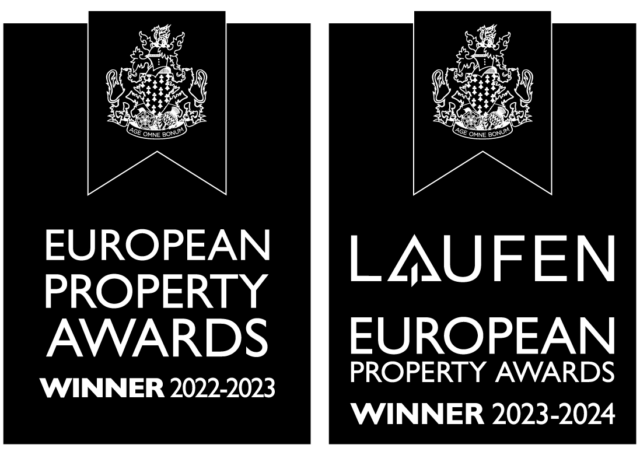Cyprus has long been admired for its Mediterranean charm, tax advantages, and strategic position at the crossroads of Europe, the Middle East, and Africa. But in 2025, it’s not just sun-seekers and retirees eyeing the island—it’s serious investors too. With growing infrastructure, increased foreign demand, and favorable residency policies, the real estate market is booming. The key question many face: Should you invest in raw land or finished homes?
The answer isn’t one-size-fits-all. Each asset class offers unique benefits—and challenges—depending on your timeline, risk tolerance, and vision for growth.
Why Raw Land Appeals to Long-Term Investors
Raw land in Cyprus—especially in emerging areas outside urban cores—can offer investors substantial upside. With relatively low entry prices and minimal upkeep costs, land represents a blank canvas. You’re not paying for existing structures, but for potential: to build, to sell to developers, or to bank on rezoning.
Some investors are targeting land in areas near infrastructure expansion, such as future roadways, ports, or university zones. If well-chosen, these parcels can multiply in value over the medium term. There’s also flexibility: you decide if the land becomes a luxury villa, a holiday rental complex, or a commercial asset.
However, land investment requires patience. Development permissions, zoning compliance, and utility access can be slow or complex. And without a structure, there’s no immediate rental income. This makes raw land best suited for investors with a longer time horizon and a clear development or resale strategy.
Finished Homes: Turnkey Convenience with Immediate Returns
Finished homes—especially new or recently renovated ones in areas like Limassol, Nicosia, or coastal hotspots—offer instant functionality and cash flow. Whether you’re buying to rent out or occupy, the value is tangible and operational from day one.
In recent years, Cyprus has seen a surge in demand for high-spec, energy-efficient homes that cater to digital nomads, professionals, and lifestyle buyers. A finished home can generate rental yield immediately, especially if it’s close to amenities, the beach, or cultural hubs.
These properties are also attractive for residency or passport-by-investment programs. And with limited supply of high-quality homes in top locations, there’s price appreciation potential—even over shorter periods.
On the downside, you’re paying a premium for completion and convenience. You may also face higher maintenance or renovation costs if buying older units. And because you inherit what’s already built, there’s less design or expansion flexibility.
So—Which Is the Better Bet?
If your goal is long-term capital appreciation and you’re comfortable navigating the planning process, raw land can offer exceptional upside—especially in growth corridors.
But if you prefer immediate yield, minimal development hassle, and lifestyle utility, a finished home is often the smarter move—particularly in a vibrant, fast-growing market like Cyprus.
Many seasoned investors blend both approaches—securing land for future value while diversifying with income-producing homes. In a dynamic real estate environment like Cyprus, the best strategy isn’t one or the other. It’s the one aligned with your goals, your time frame, and your appetite for active involvement.

